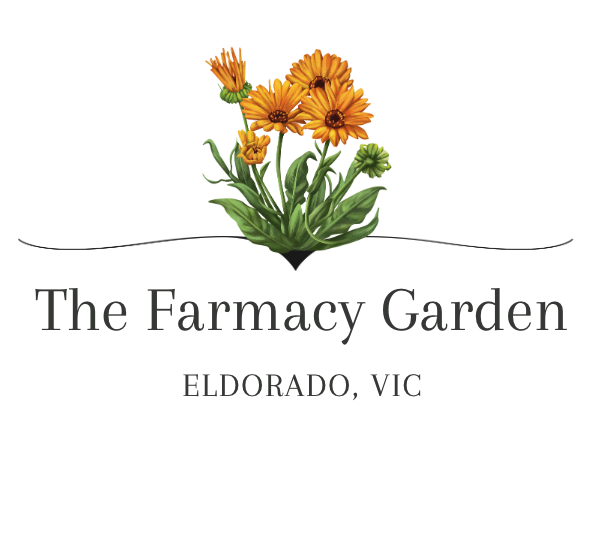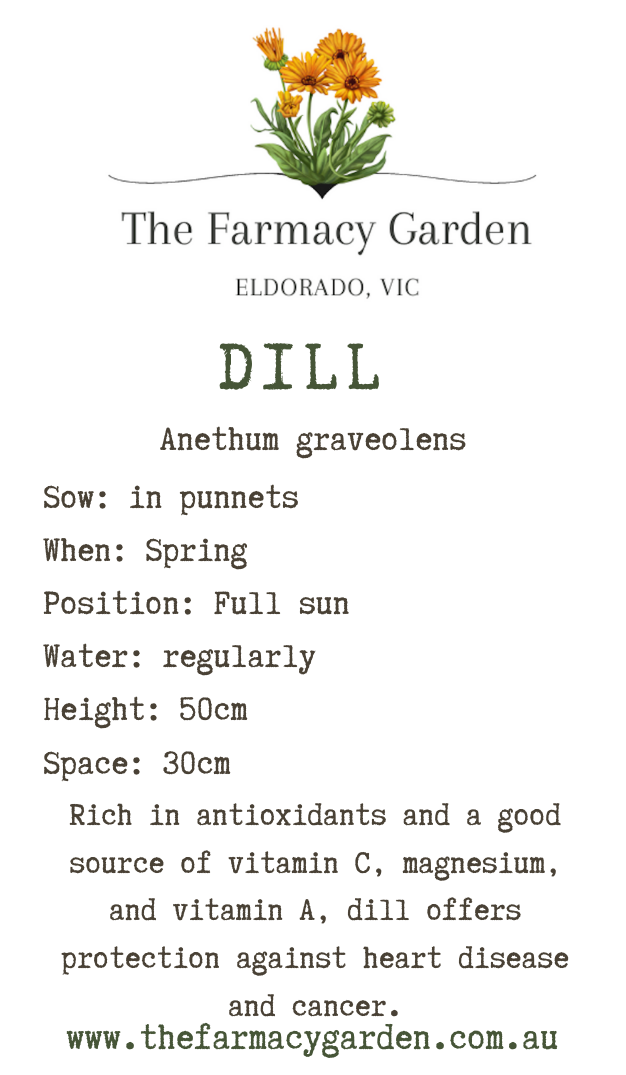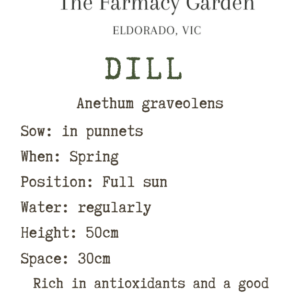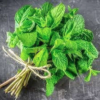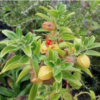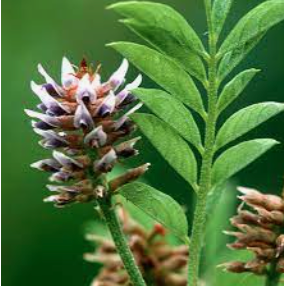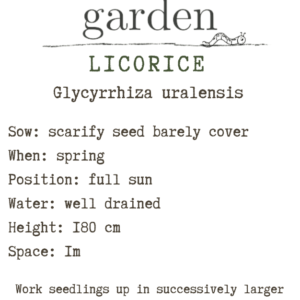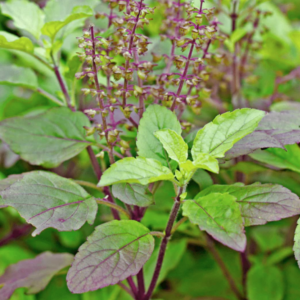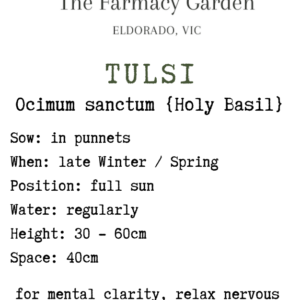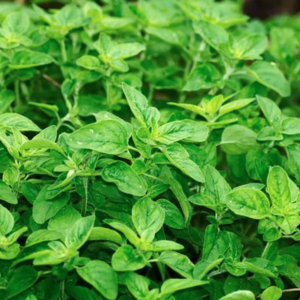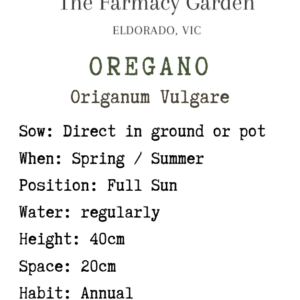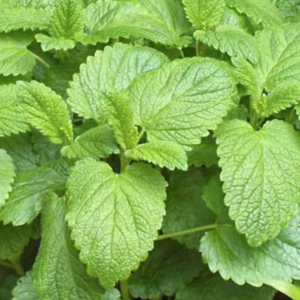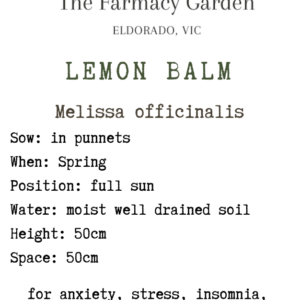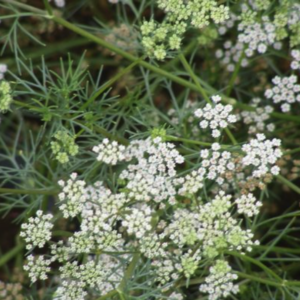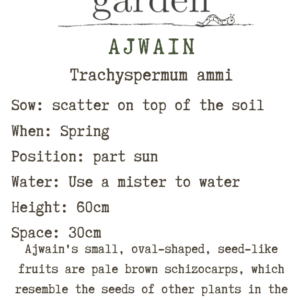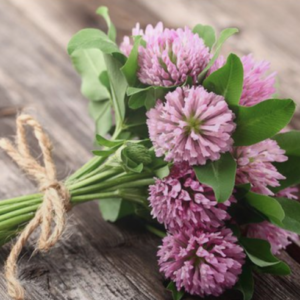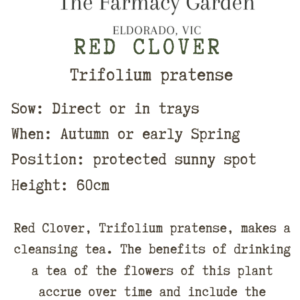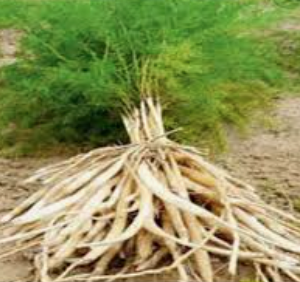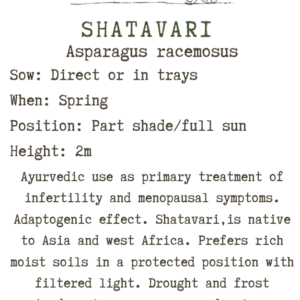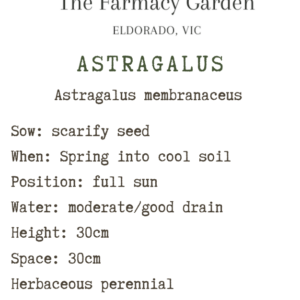Dill Seed, Anethum graveolens
$4.50 Original price was: $4.50.$2.00Current price is: $2.00.
Dill is an annual or perennial herbaceous plant (depending on the region it grows in). The scientific name of dill is Anethum graveolens. It is a small plant that grows up to a height of 40-60cm and belongs to the celery family.
The stem of Dill plant are slender and the leaves are divided finally into thread like structures. The colour of the flowers of this plant range from white to yellow and can be anything in between. It is used widely in cuisines across the globe for its aroma and also because of its medicinal properties.
Dill’s soft ferny foliage practically beg you to touch them. Snip fresh dill foliage for cooking, harvest dill seed for pickling, or cut the yellow umbels and feathery leaves for pretty homegrown flower bouquets. It’s small yellow flowers are excellent for attracting a variety of pollinators.
GROW: Plant the seeds in rows about 6 inches apart, or—if you want your dill plants to self-sow—plant them in clumps where the seeds can drop and grow the following year. If you want to keep a continual source of dill on hand, consider succession planting. Start by sowing just a few seeds from the packet first, then a few more each week during the growing season. Seeds usually germinate in 7 to 14 days. Dill can also be cultivated from nursery-grown transplants placed in the ground or a container in spring. Dill tolerates light frost, so feel free to plant it outdoors a couple of weeks before the last anticipated spring frost.
HARVEST: Fresh dill begins to droop as soon as you clip it. And while its flower umbels look beautiful in a mixed bouquet, don’t be surprised if they begin to wilt after a few hours. Dill flavour begins losing potency within a couple of days, so when harvesting it for recipes, plan to use it as soon as possible.
To harvest dill seeds, cut the flower stalks after the yellow blooms have faded but just before the seeds begin to ripen and loosen from the umbel. Place a small paper bag with a few tiny holes for ventilation over the entire flower head, hang the plant upside down in a cool, dry location, wait for the seeds to fall, and gather them in the bottom of the bag. Store the seeds in an airtight glass container in a cool, dry, dark place.
USE: Dill is a common culinary herb but it is also a powerful medicinal herb.
Dill is packed with flavonoids, which have been shown to help reduce the risk of heart disease and stroke. But that’s not the only reason dill is thought to improve heart health. Research on animals shows that dill can also reduce LDL cholesterol levels.
The fruits (seeds) are carminative, stomachic, digestive, and tranquilising, and have been traditionally used for treating stomach ailments, colic, hiccups, bad breath, flatulence, and hemorrhoids.Dill not only add flavour to your food, but offers ample of health benefits. Packed full of flavonoids and monoterpenes, Dill is great for your stomach and improves the functioning of the digestive system. It also stimulates sleep-inducing hormones and helps you sleep better. Dill also has plentiful of calcium in it and is useful for those suffering from osteoporosis.
Related products
Medicinal Herb Seeds
Medicinal Herb Seeds
Medicinal Herb Seeds
